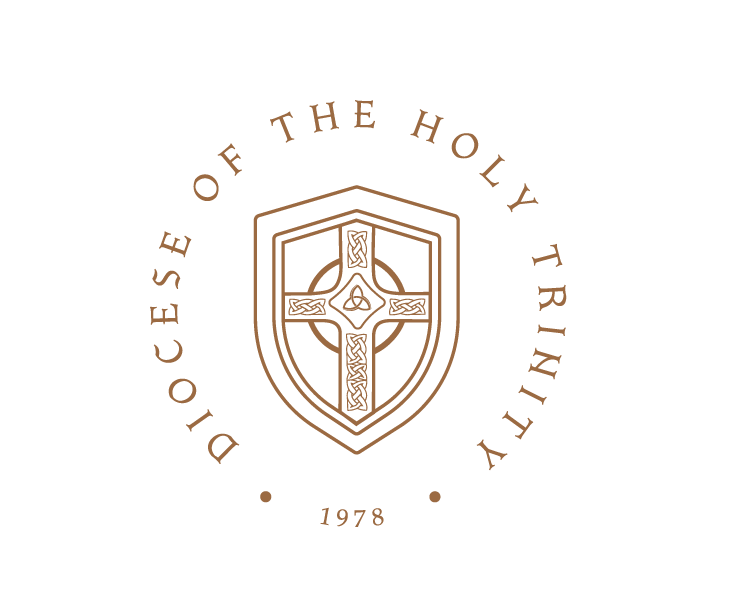Understanding Remnant Theology as a Foundation for Mission
The theology of the Remnant is an alternative to the marketing/consumer approach that has characterized contemporary mission. However, it is easy to misunderstand it and to embrace it in ways that actually work against mission. The main error is to view the Remnant as a special and separate “holy” group. It becomes concerned mostly with its own spirituality and becomes callous to the needs of the larger Body of Christ and the world. This false remnant even becomes angry at those who aren’t as committed—see the Pharisees.
The true Remnant approach to mission is rooted in what can be called the “vicarious principle” (See, Martin Thornton, Pastoral Theology, Ch. 6). To have a vicarious impact means that one’s actions work for the benefit of others. Jesus’ life and death are vicarious. They work for the forgiveness of our sins. The church is the Body of Christ. Christ works in the world through the members of his body, and their work has a vicarious impact for the good of others—for the salvation of the world.
This principle clarifies a passage many struggle with. In Colossians 1:24, St. Paul writes, “I now rejoice in my sufferings for you, and fill up in my flesh what is lacking in the afflictions of Christ, for the sake of His body, which is the church.” This does not mean the cross was not sufficient. It does mean that the work of the church as the Body of Christ for the salvation of the world affects others. Just as Christ’s obedient life and death worked for our salvation, so our own pursuit of holiness “in Christ” works for the salvation of others.
The vicarious principle is related to the organic nature of the church. The church is a living organism. It grows and reproduces itself as its life in Christ, in the Spirit, grows within each member and in the communal life of the church. This growing life is invariably expressed in the love of the members for each other and in an attractive common social life. The members like sharing life together because they experience joy in the Holy Spirit. This common life becomes “attractive” in the very best and missionary sense of that word (See the pattern of Acts 2:44-47).
When mission moves away from cultivating the life of Christ in community, it becomes a different and non-organic process. We argue for the truth of our theology or we tout the beauty of our liturgy. Mission is viewed as the attempt to win the debate or sell religious consumers on our liturgical product. These approaches tend to ignore the one true test of our theology and liturgy–what people see in our communities. "By this all will know that you are My disciples, if you have love for one another" (Jn. 13:35). In many churches, orthodox theology and beautiful liturgy are not producing an evident communal love expressed in the church’s common life (See Rev. 2:1-5).
There is a secondary indictment of communal love in some churches. It has become ingrown. Often the church members are very friendly and loving towards each other. However, their community is impenetrable to those who come in from outside. It is the love of a closed off family that is guarding its traditional way of doing things. It is not the missionary love of the Holy Trinity that always moves beyond its borders to share its love with others.
The common answer to the failure of this approach to mission is to advertise and argue more, doubling down on the attempts to convince and sell. The fruits of this approach are evident.
The Remnant approach to mission moves in the other direction. It begins with a process of self-reflection and a willingness to face hard and uncomfortable truths about the nature of our own communities. It begins the work of mission by reorienting communal life around the Life of Prayer. Ministry is refocused around spiritual direction. The Remnant begins to cultivate its communal social life with an eye toward biblical hospitality–welcoming the stranger. This means taking a real interest in those who are not us–and not just because we want them to join our church. It begins to test its communal life and prayer by moral theology. Are the fruits of the Spirit (Gal. 5:22-23) and the theological virtues (1 Cor. 13:13) evident and growing in our community?
The Remnant is simply the group in the church that will actually commit to this renewal. There will be no attempt to sell or persuade the unwilling. The focus will be on those who come when we say, “follow me.” This work of renewal begins within this Remnant group. It is a coalition of the willing. It will pray together, even if no one else will pray with them. It will enjoy life together, even if everyone else wants to be miserable! This is the essence of Remnant mission theology.
Even a small Remnant group within a stagnant or dying parish can begin to have a vicarious impact on the larger church—if it is willing to commit to a new direction, and persevere in it for years. The Remnant approach requires perseverance. The quick fix is a marketing ploy. This is horticulture. It takes time to grow things, but things that are planted and nurtured will grow with time! Thus, the Remnant provides a seed of hope for the future of the church.


